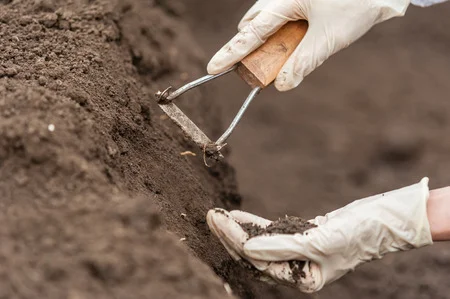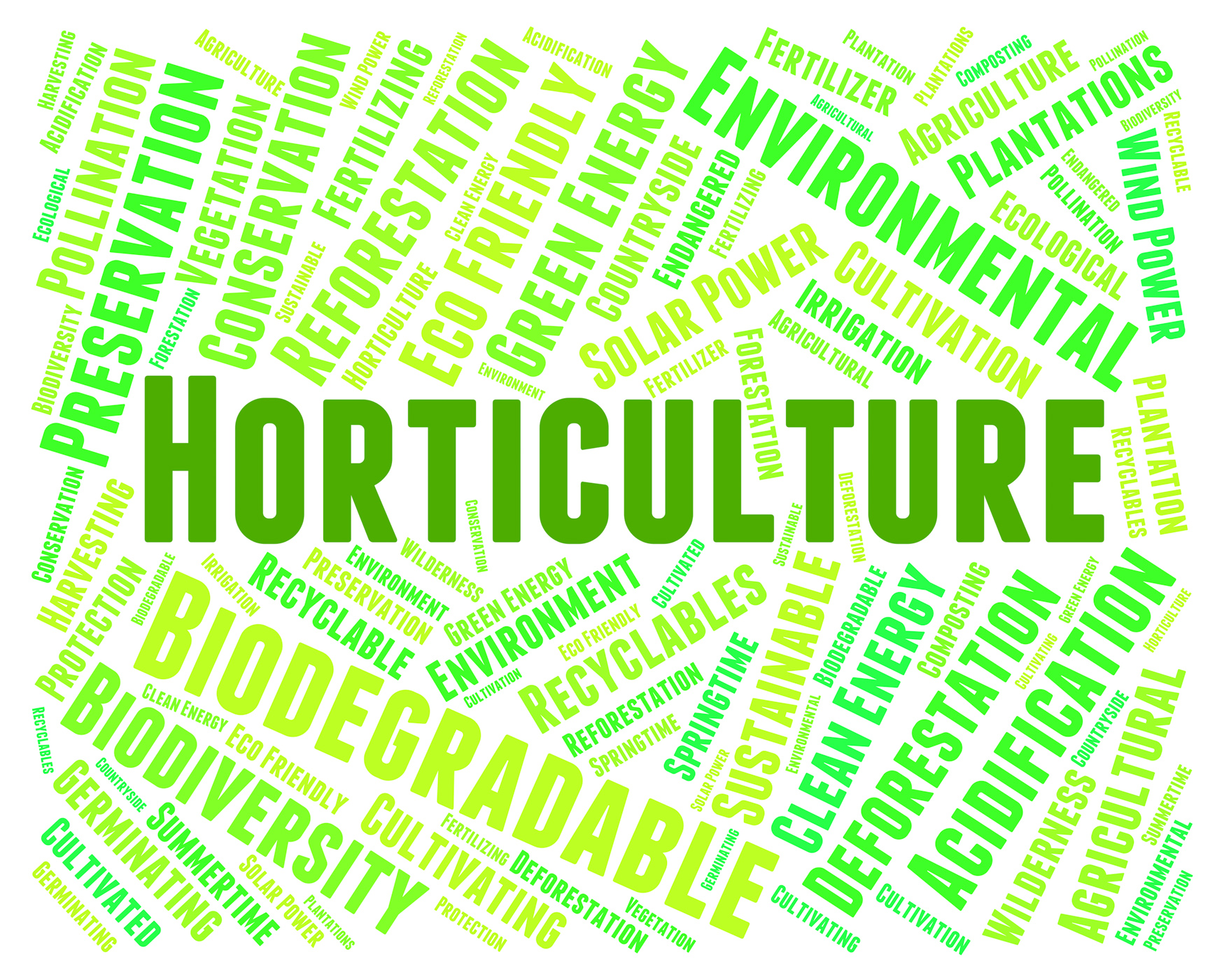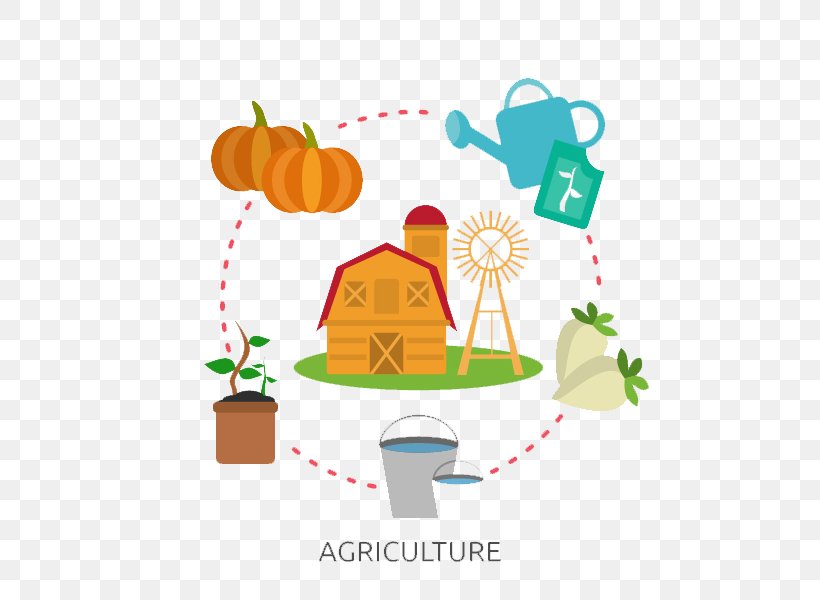Mon-Sat 9am-7pm





Agricultural Engineering is the branch of engineering that deals with the construction, design, and improvement of farming equipment and machinery. Agricultural engineering integrates technology into farming. For example, it designs new and refined farming equipment that works more efficiently. It designs and builds agricultural infrastructure such as water reservoirs, warehouses, dams, and other structures. It also tries to find solutions for pollution control at large farms. Some agricultural engineers are developing a new variety of biofuels from non-food resources like algae and agricultural waste. Such fuels could economically and sustainably replace gasoline without risking the food supply.
Education for Agricultural Engineers
Students who are interested in studying agricultural engineering will benefit from taking high school courses in math and science. University students take courses in advanced calculus, physics, biology, and chemistry. They also may take courses in business, public policy, and economics.
Entry-level jobs in agricultural engineering require a bachelor's degree. Bachelor's degree programs in agricultural engineering or biological engineering typically include significant hands-on components in areas such as science, math, and engineering principles. Most colleges and universities encourage students to gain practical experience through projects such as participating in engineering competitions in which teams of students design equipment and attempt to solve real problems.
ABET accredits programs in agricultural engineering.
Typically, graduates of engineering programs have good job prospects and can often enter related engineering fields in addition to the field in which they have earned their degree. Agricultural engineering offers good opportunities, but it is a small occupation, and engineers trained in other fields, such as civil or mechanical engineering, also may compete for these jobs. Graduates of biological and agricultural engineering programs may have some advantages when applying for agricultural engineering jobs, but some may also find good prospects outside of the agricultural sector.
Agricultural engineers work in various sectors such as farming, forestry, food processing, etc. They work on a wide variety of projects. For example, some agricultural engineers work to develop climate control systems that increase the comfort and productivity of livestock whereas others work to increase the storage capacity and efficiency of refrigeration.
Many agricultural engineers endeavor to develop better solutions for animal waste disposal. Those with computer programming skills work to integrate geospatial systems and artificial intelligence into agriculture. For example, they work to efficiency in fertilizer application or to automate harvesting systems. As now we know, an Agriculture Engineer has many roles to play after the completion of his/her course. These roles are given below:
In government organizations, a fresher can expect a salary between Rs 20,000/- to Rs 25,000/- per month depending on the efficiency and capability. In private organizations, MNC's and NGOs, an agriculture engineer is paid well. As a lecturer in the field of agriculture can earn an initial amount of Rs 15000/- per month plus other allowance.
1. You are part of something global
Agriculture is not just something in your backyard or even your state. Agriculture is nationwide and worldwide. Many countries have agricultural commodities as their export and method of income.
2. You get to work every day with something you're passionate about
Many people are sitting behind a desk at a job they never really wanted. They went to college and got a degree, but end up not working in that field. Through agriculture, there are a variety of degrees, two-year to PhDs. Whether you went to school or not, once you finished, you went into a career that was your choice and you are passionate about. Not many people can say that about where they work.
3. You know the value of hard work
You might have grown up on a farm doing farm chores. You know, milking the cows, feeding the chickens, cleaning horse stalls, helping harvest crops. But, even if you didn’t, somewhere along the way you got into agriculture and it wasn’t an easy ride. You have to work for what you want. No one is going to hand you a field that already has all the crops planted and is ready to harvest. You're going to have to work, and through that, you learn the value of hard work, which to some people is one of the best gifts you can receive.
4. You get to help people who can’t feed themselves
1 in 6 people in America faces hunger. That’s a lot of people. That’s just in America. There are some countries whose ratios are even higher. This is not acceptable. As agriculturalists, we must help stop world hunger, and there are many people out there who give food to the less fortunate because they can’t afford it. The student organization FFA plays a huge role in helping provide food for people in America who otherwise would go hungry. Farmers, scientists, students, corporations, and celebrities are coming together to stop world hunger, and if you're in agriculture, then you are helping to stop this too.
5. You are part of an industry that no one could live without
The quote that goes around is “Where would you be without agriculture?” The response: “Naked and Hungry.” While this is a witty answer to an obvious question, the answer is true. You may not realize it, but agriculture plays a huge role in our everyday life. Not just from the food we eat, but to the clothes we wear, what our houses are made out of, the paper we write on, the way our economy grows, and how it affects supermarkets. You can’t turn around without seeing some way agriculture is involved. It's impossible. So, when you are involved with ag and you hear someone say, “why do we have agriculture,” you can respond with the numerous products that you helped create.
6. You meet people that share the same passion as you
There are many pages on Facebook and Instagram that are involved in agriculture, with thousands of people that visit it every day. Even if you took technology out of the way, there are so many associations in each state that involve the producers of a certain commodity and it brings them together. Student organizations like FFA and 4-H bring hundreds of thousands of students together every year that hold the same passion for agriculture and knowing that you have that many people (it might be statewide, countywide, or nationwide), you do not stand alone on your path with ag.
7. It’s not a job, it’s a lifestyle
Many people who see people involved in agriculture ask, “What is your full-time job,” as if spending hours a day providing food for the world is not a full-time job. You might be a farmer, you might be a vet, you might be a teacher, you might be a researcher, or one of the other many jobs with agriculture. Any way working in agriculture has changed your life
:1. Not everyone understands the importance
While without agriculture everyone would be naked and hungry, no one realizes what a huge role ag plays in the world. Other than the house you live in and the food you eat, agriculture influences the economy a lot. Many countries depend on ag as their major source of income, so if all farmers and agriculturalists from everywhere for some reason disappeared, not many people would survive. Why? Consumers rely so much on ag without even knowing it.
2. The media is always trying to find ways to ruin agriculture
There are countless web pages, articles, clubs, and groups on Facebook that are out to destroy the agriculture industry. Again, not everyone realizes what would happen if that happened. One activist group that comes to mind is PETA. PETA has very good values behind them; against the cruel treatment of animals, which is a noble cause, but when they accuse farmers of abusing animals and being cruel to them, that's where I draw the line. Yes, there are some cruel farmers out there, but there is no means to incriminate all farmers as abusers. Along with PETA saying how FFA is a terrible organization, they are discouraging anyone who is contemplating joining the organization, essentially disrupting the development of the future of agriculture.
10. False labeling can hurt you individually
“Non-GMO, antibiotic-free, etc.” These labels are most likely used to promote sales rather than actually promoting facts. Health addicts that see a gallon of milk are willing to spend a large difference rather than buying one without the label. The truth though, you can’t sell milk with antibiotics. It’s illegal. But, many family farms don’t label their products like large-scale farms do, because the families don’t believe in promoting information that should already be known to the consumer.
11. People look down on you
While a career in agriculture is very important for the way of human life, many agriculturalists are looked down on for career choices. In high school, if you choose to take ag classes rather than another CTE or taking another academic, then people assume, “Oh, you want to be a farmer, so you're not going to go to college.” While not going to college and getting a four-year degree is totally fine and I would support you all the way, there are numerous degrees in agriculture at any level or any aspect you want to look at. So, just because you focus on ag in high school or college, doesn’t make you any less smart or successful than anyone with a PhD or other degree.

Analytical skills. Agricultural engineers must analyze the needs of complex systems that involve workers, crops, animals, machinery and equipment, and the environment.
Communication skills. Agricultural engineers must understand the needs of clients, workers, and others working on a project. Furthermore, they must communicate their thoughts about systems and about solutions to any problems they have been working on.
Math skills. Agricultural engineers use calculus, trigonometry, and other advanced mathematical disciplines for analysis, design, and troubleshooting.
Problem-solving skills. Agricultural engineers' main role is to solve problems found in agricultural production. Goals may include designing safer equipment for food processing or reducing erosion. To solve these problems, agricultural engineers must creatively apply the principles of engineering.
Call us at +91 9205084085, Monday - Friday, 9 am - 7 pm


